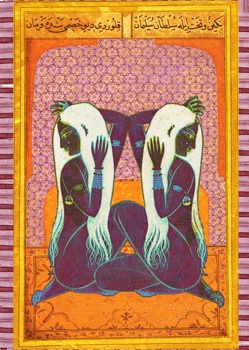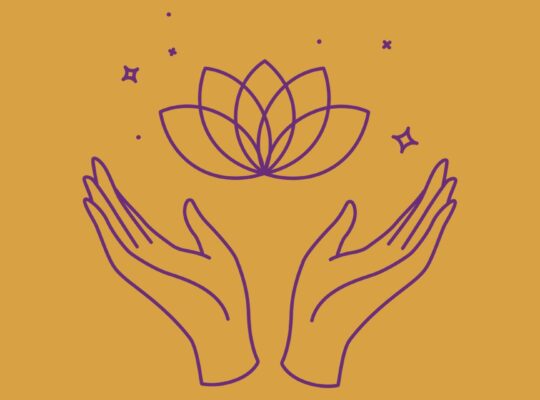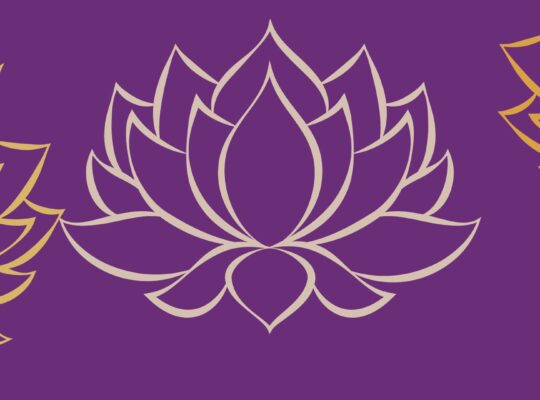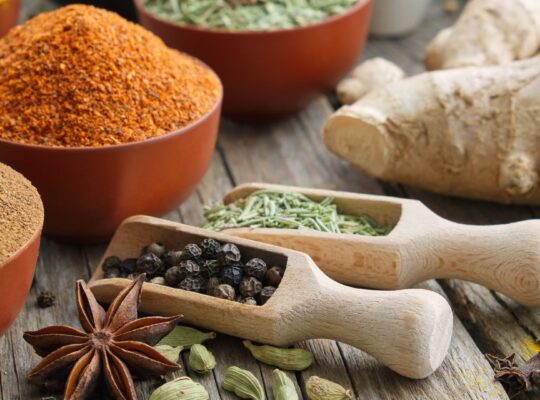In my forties, I began to prepare for menopause. Knowing this natural transition was coming, I wanted to fully embrace and prepare for the end of fertility—a powerful change for a woman to undergo. It felt like a personal inner ritual to be honored.
I have supported women through one-on-one consultations in menopause for more than a decade. Many variations and imbalances came through my clinical practice. But I knew that once I went through this transition, I could more deeply offer insight and support from a more personal level. And what I know is that it is a powerful journey for us to look inside, check-in, let go, and rebirth in a whole new way.
Menopause is a natural biological process that marks the end of a woman’s reproductive years. It’s often viewed with fear and apprehension, associated with uncomfortable symptoms like hot flashes, mood swings, and sleep disturbances.
However, Ayurveda, the ancient Indian system of medicine, offers a different perspective. It sees menopause not as a medical condition to be treated, but as a natural transition, a sacred phase of life that presents an opportunity for women to reconnect with themselves and realign with their core essence.
The Ayurvedic Perspective on Menopause
In Ayurveda, menopause is considered a Vata-dominant phase. Vata, one of the three doshas or energies that govern our body and mind, is associated with air and space elements. As we age, Vata naturally increases, leading to dryness, irregularity, and a sense of instability—qualities often experienced during menopause.
However, by understanding our unique constitution and current imbalances, we can make lifestyle choices that pacify Vata and restore harmony. Ayurveda’s guiding principle of individual constitution (prakruti) offers a paradigm shift for menopause. Who we are, the unique make-up of our body, and our current state come together to offer natural, aligned solutions to what ails us. And the fix will work just for you. Ayurveda is strongly principled in individualized medicine.
Establishing a Grounding Routine
Ayurveda emphasizes the importance of dinacharya, or daily routines, for overall well-being. During menopause, establishing a consistent routine can provide a sense of grounding and stability amidst the changes. Transitional periods are a time to mind the shift and flow from one to the next, like a sunset or sunrise.
Ideally, our day should begin with waking up early, allowing time for inner contemplation, polishing our prana, and toxin release. Allowing the body to let go of metabolic waste and toxins is important as these channels allow the body to not accumulate waste. Ayurveda recommends daily release of toxins through feces, urine, and sweat.
Morning routines could include oil pulling to detoxify the mouth, tongue scraping to remove toxins, and drinking warm water to kickstart digestion. Gentle yoga and pranayama (breathing exercises) can help to balance Doshas and prepare the mind and body for the day ahead.
Nourishing the Body with Ayurveda
Nutrition plays a vital role in managing menopausal symptoms. Ayurveda recommends a Vata-pacifying diet rich in warm, cooked foods and healthy oils. Avoiding dry, cold, and raw foods can help alleviate Vata imbalances. However, understanding what is best to eat and when depends upon our constitution, current imbalance, and seasonal effects.
For example, I love tuna and live next to the ocean where fresh tuna is readily available. But menopause has changed my digestive tolerance to pitta-aggravating foods (per my prakruti). So I must moderate and properly combine foods within the meal to enjoy the tuna. I need to check in and ensure I have the digestive capacity to support the choice.
Menopause is a time of profound transformation, a journey back to our true selves.
Ayurvedic Herbs and Supplements
In addition to dietary adjustments, certain Ayurvedic herbs can be highly beneficial during menopause. Ashwagandha is known for its adaptogenic properties, helping to reduce stress and balance hormones. Shatavari supports reproductive health and hormonal balance. Licorice root can soothe inflammation and support adrenal health. Consulting with an Ayurvedic practitioner can help determine the best herbs and supplements for your unique needs.
Ayurvedic Body Care Practices
Ayurvedic body care practices are another aspect I admire about Ayurveda. Various practices can support the transition and discomforts that come with menopause. From nourishing options for lubrication and removing toxins to Ayurvedic body care therapies, there are many options. For many, Abhyanga (self-massage with warm oil) and Swedana(herbal steam therapy) can be incredibly beneficial during menopause. These practices nourish the body, promote relaxation, and improve circulation, helping to manage symptoms like dryness, joint pain, and anxiety.
Incorporating Nasya (nasal oil administration) can help lubricate the nasal passages and calm the mind, which is particularly useful if sleep disturbances are a concern. Different types of Basti (targeted medicated teas and oi)can also be considered under the guidance of an Ayurvedic practitioner to help balance Vata and cleanse the colon.

Embracing Menopause as a Transformative Journey
Menopause is a time of profound transformation, a journey back to our true selves. By embracing Ayurvedic wisdom, we can navigate this transition with grace and ease, finding balance and well-being in body, mind, and spirit. It’s an opportunity to shed old patterns, cultivate self-care practices, and emerge as a radiant, empowered woman.
My Personal Menopause Journey
In some ways, it felt like my body was humming along and all was relatively well. Then it wasn’t. My body was telling me in various ways that change was needed. Things needed to change. Rather than resist, I dove in to find resistance and expansion all at the same time.
I am rebirthing in ways I did not expect ten years ago and realizing that there’s no one way or one herb or one fix because it is a dynamic resolve to acquire balance and health.
What has helped me most is challenging my body physically and releasing the “you are aging” mentality, instead choosing to impress myself. My culture loves red wine, but my pitta liver does not, so if I indulge, it is mindfully. Ghee is my best friend for both cooking and for herbal intake and topical nourishment. It is more my mind than hormones. Hormonal changes are there, but must be balanced, not chaotic, through transition.
Conclusion
Menopause can indeed be the best time of our lives if we approach it with the right mindset and tools. By integrating Ayurvedic principles into our daily routines, we can transform this phase into a period of renewal and empowerment. Let’s honor this transition and embrace the journey to our most authentic selves.
Need some help figuring it out? Book a session and let’s talk to figure out the best lifestyle plan for your now.






